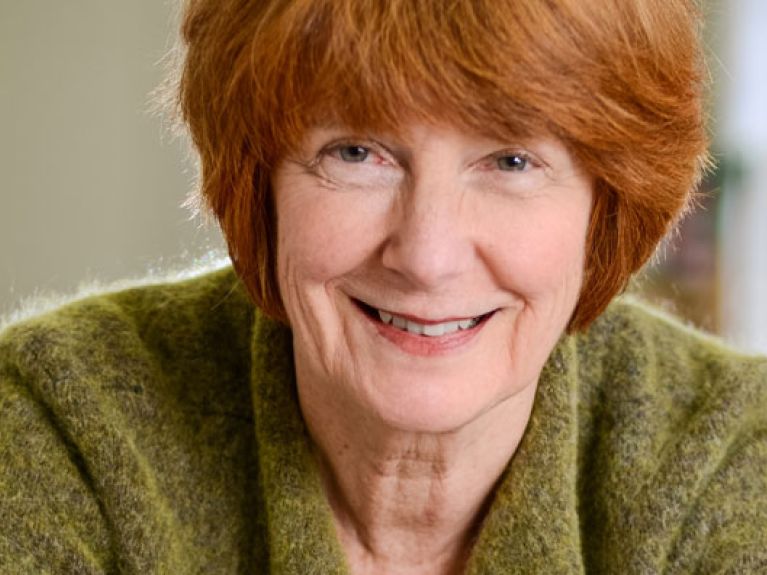Convention of German Historians
What attracts historians to Göttingen for a major meeting of their profession. An interview.

Dorothee Wierling is the deputy director of the Research Centre for Contemporary History in Hamburg (FZH). In 2013 and 2014 she is researching at the German Historical Institute in London (GHIL) and lecturing at the London School of Economics (LSE) as a Gerda Henkel Visiting Professor. She is travelling to Germany for the 50th Convention of German Historians.
An average of 3,000 participants come to the Convention of German Historians. Why is there still so much interest in such direct interpersonal exchange in times of digital networking?
The internet can’t replace face-to-face communication. These meetings of history researchers and students generate a very distinctive dynamic of their own. It’s not only about sharing research findings, the Convention also covers all the other things that are happening in our field. The subjects discussed include history at universities, trends in publications, and communicating history in society.
This year’s partner country is the United Kingdom. How does history there differ from what we find in Germany?
For one thing, British historians have a more transnational outlook, which of course is connected with the history of the Empire. As a result, the British have a significant lead in the field of international comparative history and the history of globalization. Furthermore, historians in the UK are less inhibited about popularizing their findings. Their books are often entertaining and attract a larger audience. They are also more commonly seen in the media, for example in the many historical programmes on television.
You are currently researching and lecturing in Britain. How are you experiencing the commemoration year for 2014?
At the academic level, Christopher Clark’s book The Sleepwalker has triggered an interesting debate on responsibility for the outbreak of the First World War. At the same time, the general mood amongst the public is one of commemoration primarily emphasizing the heroism and sacrifices made by soldiers and the population. Institutions like the Imperial War Museum are encouraging people to identify personally with the war generation. All this is in stark contrast to the distance to the disaster of 1914 that predominates in Germany. Although it is understandable that the Second World War tends to eclipse World War One in the Germans’ memory, this distance should give us cause for critical self-reflection.
50th Convention of German Historians from 23 to 26 September 2014 in Göttingen
©www.deutschland.de

